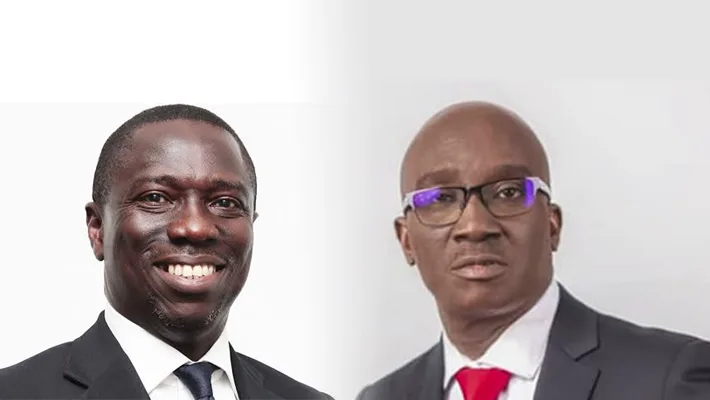The Edo State Governorship Election Petition Tribunal on Monday reserved judgment on the petition filed by the Peoples Democratic Party (PDP) and its governorship candidate, Asue Ighodalo, challenging the results of the September 21, 2024, governorship election.
The PDP and Ighodalo are contesting the election outcome, which saw Monday Okpebholo of the All Progressives Congress (APC) declared the winner by the Independent National Electoral Commission (INEC).
During the proceedings, Ighodalo’s legal team presented 19 witnesses in support of their claim that the election should be annulled. They also subpoenaed a Senior Technical Officer from INEC’s ICT Department, who tendered 154 BVAS machines to the tribunal as evidence of alleged over-voting.
In addition to claims of over-voting, the petitioners are seeking the annulment of the election on grounds of non-serialization of ballots, incorrect collation of results, and erroneous computation of scores.
INEC, Okpebholo, and the APC are the first to third respondents in the petition, which is marked EPT/ED/GOV/02/2024.
Following the petitioners’ presentation, INEC, the first respondent, opened its case but did not present any witnesses in response to the petitioners’ claims. Okpebholo called one witness, and the APC presented four witnesses before closing their case.
At the resumed sitting, Justice Wilfred Kpochi, leading the three-member tribunal, announced that judgment would be reserved and communicated to the parties after both the petitioners and respondents adopted their final written addresses.
Justice Kpochi stated, “A date for judgment will be communicated to the parties by the Secretary of the tribunal. The tribunal stands adjourned until then.”
Earlier in the proceedings, lead counsel for the petitioners, Adetunji Oyeyipo (SAN), informed the tribunal that they were in court to adopt their final written addresses.
Kanu Agabi (SAN), lead counsel for INEC, urged the tribunal to dismiss the petition, arguing that it lacked merit and that the election results were correctly collated. He emphasized that polling unit agents who testified had signed the result sheets and could not distinguish between what they heard and what they observed. Agabi further asserted that the petitioners’ claims of non-compliance with the Electoral Act were weak and lacked appropriate relief, which should be the nullification of the election. He argued that the petitioners’ case was based on analyses conducted by hired consultants rather than evidence.
On behalf of Okpebholo, Onyechi Ikpeazu (SAN) contended that his client won the election and that the petitioners failed to present a substantial case. He addressed the issue of Form EC25B, noting that while the petitioners argued that the serial numbers of sensitive materials must be provided, the form only required the quantity of electoral materials received and returned. He also pointed out that over-voting could not be proven without access to the BVAS machines, which the petitioners failed to present. Ikpeazu urged the tribunal to dismiss the petition, labeling it an academic exercise.
APC’s lead counsel, Emmanuel Ukala (SAN), argued that the petitioners’ claims of non-compliance were unsupported by sufficient evidence. He emphasized that the Supreme Court has ruled that non-compliance must be proven on a polling unit-by-polling unit, ward-by-ward, and local government-by-local government basis. He further noted that the petitioners had only called five polling unit agents and did not summon presiding officers or demonstrate how the BVAS machines operated, reinforcing the lack of evidence.
In response, the petitioners’ counsel, Ken Morzi (SAN), clarified that while Edo State has 4,519 polling units, their petition focused on 765 specific units. Morzi urged the tribunal to consider the petition in its entirety, emphasizing that the success of an election petition is determined by the cumulative effect of the issues raised, not the percentage of affected polling units. He also defended the petitioners’ decision to call only five polling unit agents, explaining that their grievance centered on issues at the collation centres rather than individual polling units.
Morzi further refuted the respondents’ claim of document dumping, stating that all documents tendered by the petitioners were duly certified by INEC and submitted without objections.
After hearing the final arguments, the tribunal reserved judgment, with the date to be communicated to all parties involved.


